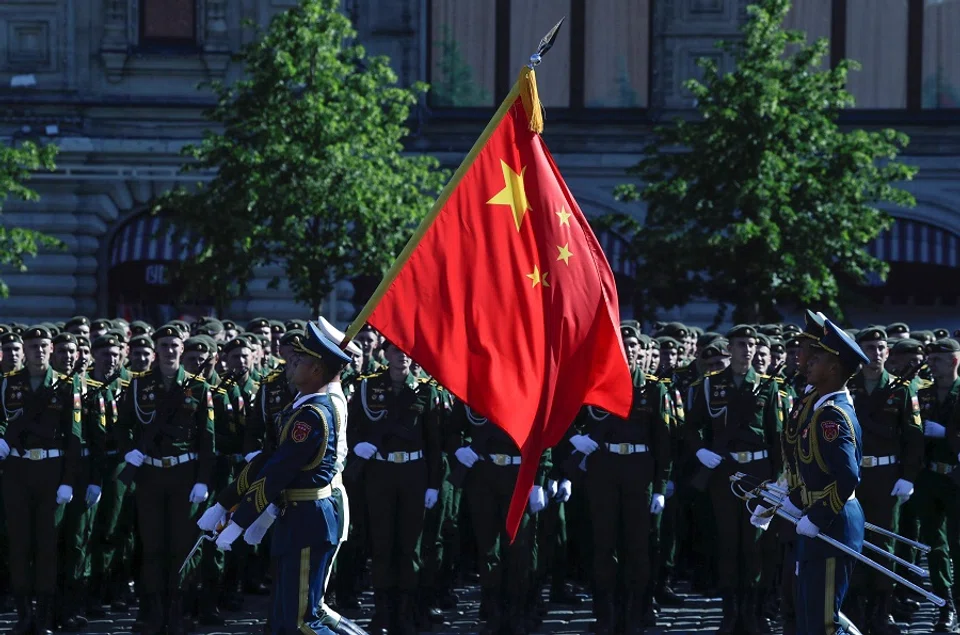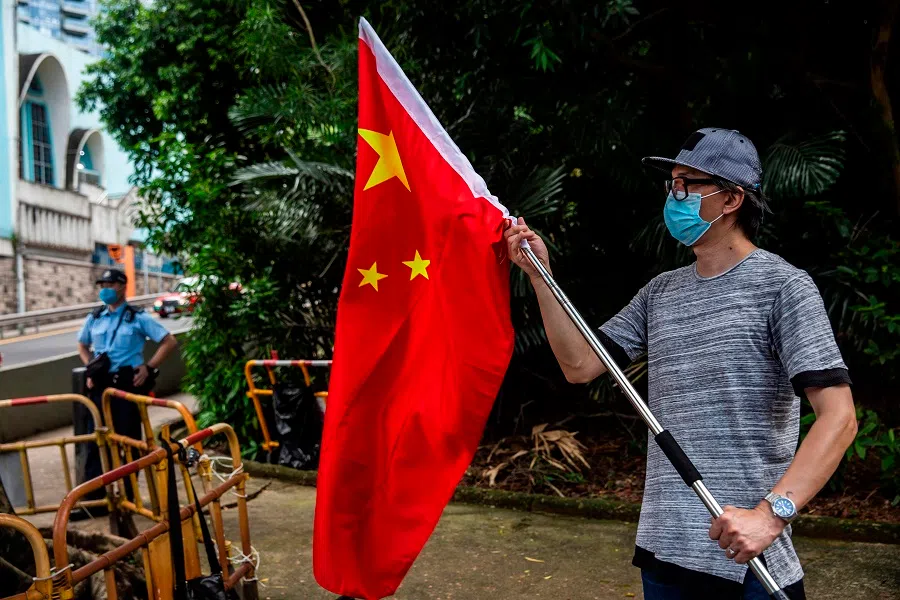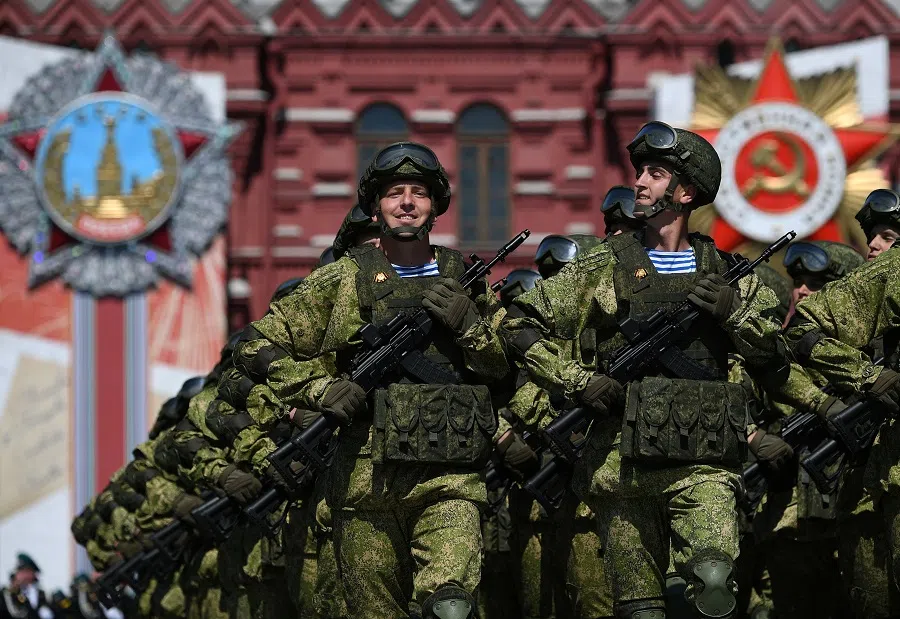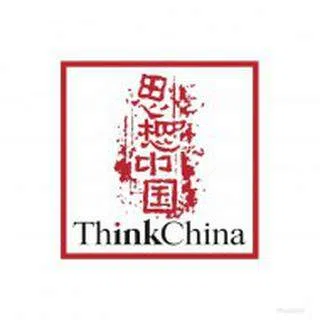Is China the old Soviet Union?
The US seems to think that China is the old Soviet Union, and worse, that it has been disingenuous and is only showing its true colours now. Given testy relations, China is waiting it out until the US presidential election in November. But even if there is a new president from the Democratic Party in the White House, will China's woes recede?

Since July, China-US relations have deteriorated and both countries are at daggers drawn. The US first declared a series of changes to its China policy. Then it launched a string of counter-attacks or decoupling moves from China over issues such as diplomatic relations, Hong Kong and Taiwan, the South China Sea, digital technology and entry restrictions.
At critical moments in a tumultuous era, the teachings of sages are often relevant and insightful. For example, a core principle of Sun Tzu's The Art of War is: "If you know the enemy and know yourself, you need not fear the result of a hundred battles... If you know neither the enemy nor yourself, you will succumb in every battle." Speaking of the current situation between China and the US, China argues that it is essentially the US's fault, while the US thinks that it has made many mistakes in the past and now needs to right these wrongs.
Since the US started making "corrections", the effects have been pretty devastating. A direct cause of the sharp deterioration in China-US relations in July is China's implementation of a national security law in Hong Kong. The main difference in their opposing stands is that while China insists that the law safeguards national security, the US and the West do not see Hong Kong posing a threat to China's national sovereignty.

...the US's current reassessment of the nature and policy of China-US relations not only goes back to former US President Richard Nixon's historic visit to China in 1972 but to the Yan'an period of the second Sino-Japanese War.
US framing US-China tension as an ideological battle
Speaking of protests and demonstrations, the West has no lack of those as well, but they are regarded as nothing more than a phenomenon of domestic political contest. But the US characterises the Hong Kong issue as an ideological battle. As a result, the US and the West cannot compromise - there is no grey area or middle ground in such ideological tussles. Because this is Hong Kong. The so-called "one country, two systems" is essentially returning sovereignty to China while keeping the status quo unchanged in Hong Kong for 50 years.
Commentators in China have been asking what the US's intention is. Actually, it is clear what the US is conspiring to do - it has already been spelt out during US Secretary of State Mike Pompeo's speech on 23 July at the Richard Nixon Presidential Library and Museum in California. Put simply, the US is treating China like the old Soviet Union. On the ideological front, China is the US's enemy and where national interests are concerned, China is its competitor. Furthermore, the US's current reassessment of the nature and policy of China-US relations not only goes back to former US President Richard Nixon's historic visit to China in 1972 but to the Yan'an period of the second Sino-Japanese War.

...history has taught us that China and the US are more prone to intense conflicts when the Democratic Party is in power because of the latter's idealistic and erratic foreign policies, which are unlike the realistic and cautious policies of the Republicans.
China has three options in the face of a drastically changed US policy toward China: one, if you say that I am the Soviet Union, then I am - I will fight you to the finish; two, I may be the Soviet Union deep down, but I need not act like it on the outside - let us not harm relations; and three, I am not the Soviet Union, you are mistaken - let us reconcile, start afresh, and cooperate with each other.
To make matters worse, the US thinks it has, for the past half a century, been fooled by a China that it thinks has chosen option two, which accounts for the problems it has with China. The US thinks it is paying the price for its folly now and vows to never be so muddle-headed and foolish again. In this way, it is backing China-US relations into a corner with two options left - China and the US are either friends or enemies. Of course, even if they are enemies, it would not necessarily result in a "hot war". However, it is inevitable that they would be locked in confrontation. Based on current circumstances, the third option seems impossible.
I gather that China's strategy is to bear with the situation for the next two months, hoping that if Joe Biden is elected president in November, there could be room for China-US relations to improve. Based on the current situation in the US, Biden seems to have lost his early edge over incumbent president Donald Trump as both presidential candidates are now neck and neck in the polls. The winner would most likely be the one that runs the better last mile.

Besides, history has taught us that China and the US are more prone to intense conflicts when the Democratic Party is in power because of the latter's idealistic and erratic foreign policies, which are unlike the realistic and cautious policies of the Republicans. For example, the Korean War in 1950 broke out because the Democratic Truman administration naively withdrew all troops from the Korean peninsula and the Taiwan Strait, leading to a regional power vacuum. The North Korean government then seized the opportunity to declare a war to unify the lands. The US frantically turned back and was ultimately dragged into war together with China.
China's means of stabilising China-US relations naturally lies in implementing the China-US phase one trade deal. However, it actually has another trump card, and that is to resolutely open up the channel for China-US cooperation in pandemic investigation, control, and vaccine development. This is not to please a particular US government or party, but rather to convey the sincerity and friendship between the Chinese and Americans. Then only can China-US relations be fundamentally changed and improved.


![[Big read] When the Arctic opens, what happens to Singapore?](https://cassette.sphdigital.com.sg/image/thinkchina/da65edebca34645c711c55e83e9877109b3c53847ebb1305573974651df1d13a)


